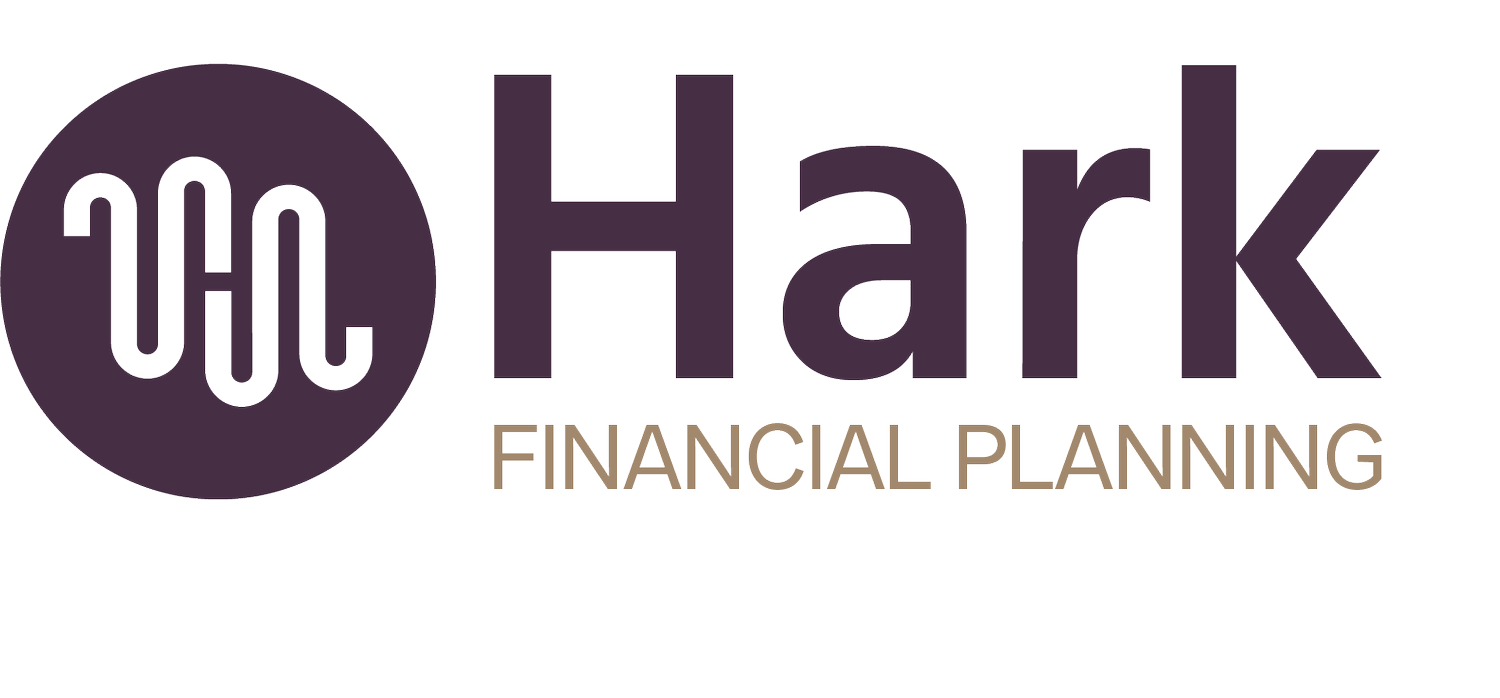What Does the One Big Beautiful Bill Mean for High-Income Employees? The News Isn’t Great.
If you’re a high-earning W-2 employee — especially an associate at a law firm — the newly passed “One Big Beautiful Bill” (OB3) might not feel so beautiful.
While headlines focused on the bill’s big-picture goals, some of the fine print adds friction for high earners. If you don’t own equity in your firm or file as a pass-through entity, you may feel like you're footing more of the tax bill this year. Here’s what to know:
A New Charitable Deduction Floor
The OBB introduces a 0.5% of AGI floor on charitable deductions starting in 2026. That means the first half a percent of your adjusted gross income—what you donate—no longer counts as deductible.
Let’s say you earn $500,000 and give $2,600 to charity next year. Only $100 (the portion above 0.5% of AGI) will be deductible.
That’s a quiet, but meaningful, change—especially for professionals who regularly give to causes they care about. Since this does change does not go into effect until 2026 you still have time to do some gift planning for 2025.
SALT Deduction Cap? Still Capped But With a Twist
If you live in a high-tax state like New York, California, or Massachusetts, this one hits home. The bill updates the SALT (state and local tax) deduction cap to $40,000—but with a phase-out starting at $500,000 of income, fully eliminated by $600,000 (keep in mind that this range is the same if you are married or single).
In other words, if your household income is over $600,000, you’ll likely lose the increased SALT deduction, leaving you in the same place as you were in previous years. A Stealth Tax Hike?
While the bill doesn’t technically raise rates, these changes have the same effect for high earners: less ability to deduct, and a higher tax burden overall. In addition to the other changes, the bill reduces the value of itemized deductions for those in the top marginal tax bracket (37%) by 2% starting in 2026.
If you’re salaried, this may feel like a stealth tax increase—and unlike equity partners or self-employed professionals, there are fewer proactive tax moves available to you.
So What Can You Do?
If you're a high-income W-2 employee, these new tax changes may feel like you're being asked to do more with less. But there are still a few strategic moves that can help minimize the impact.
Review your withholding and estimated taxes to avoid a surprise tax bill next April.
Maximize available deductions where possible: retirement contributions, HSA deposits, and dependent care FSA benefits can all take on new value in this environment.
Reevaluate your giving strategy. You might consider bunching charitable contributions or using a donor-advised fund to make sure your generosity still counts on your tax return.
If you’re not sure how these changes will impact your tax bill or what moves are still available we’re here to help. Book a quick call to review your situation before the end of the year.
Let’s get ahead of it, together.

